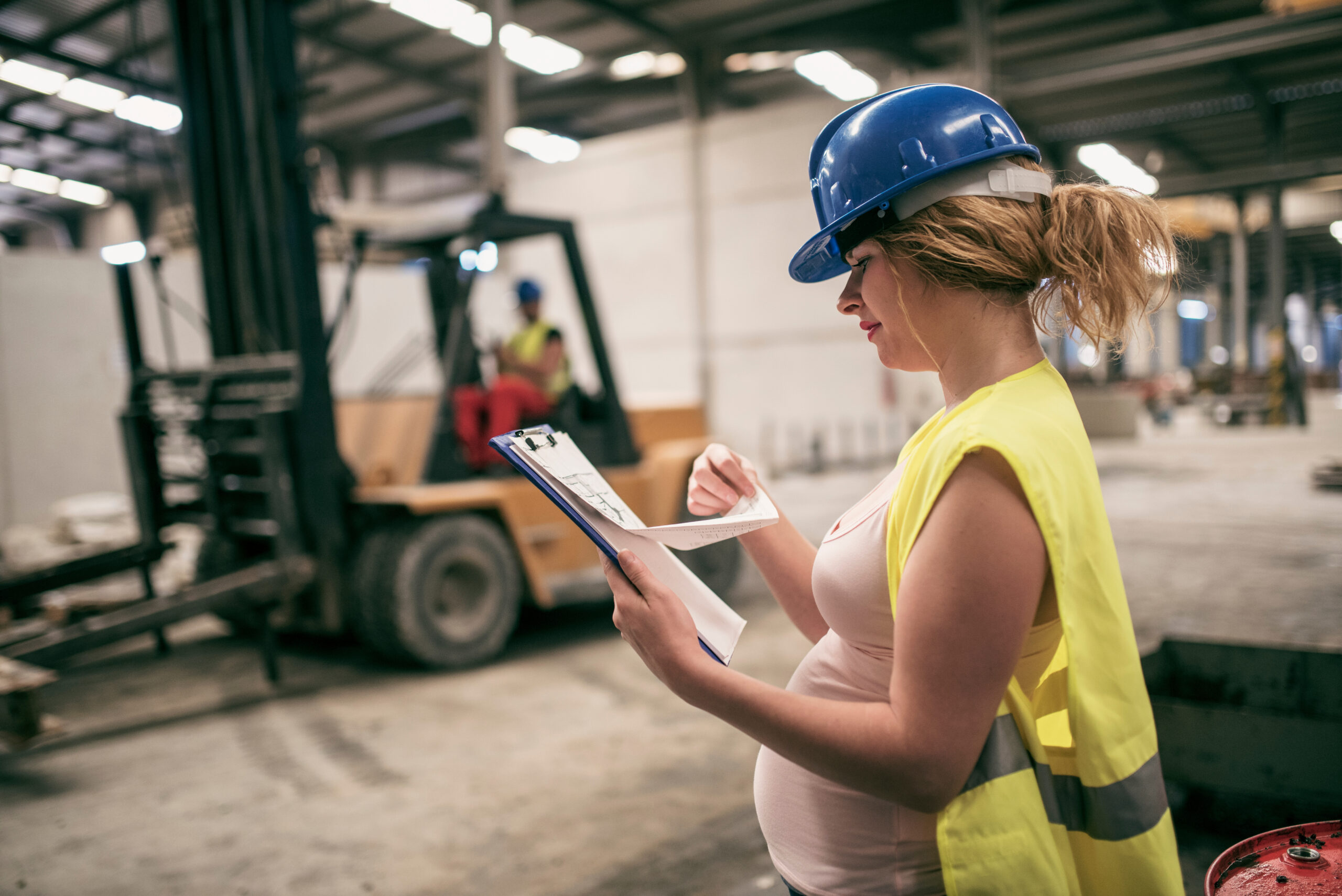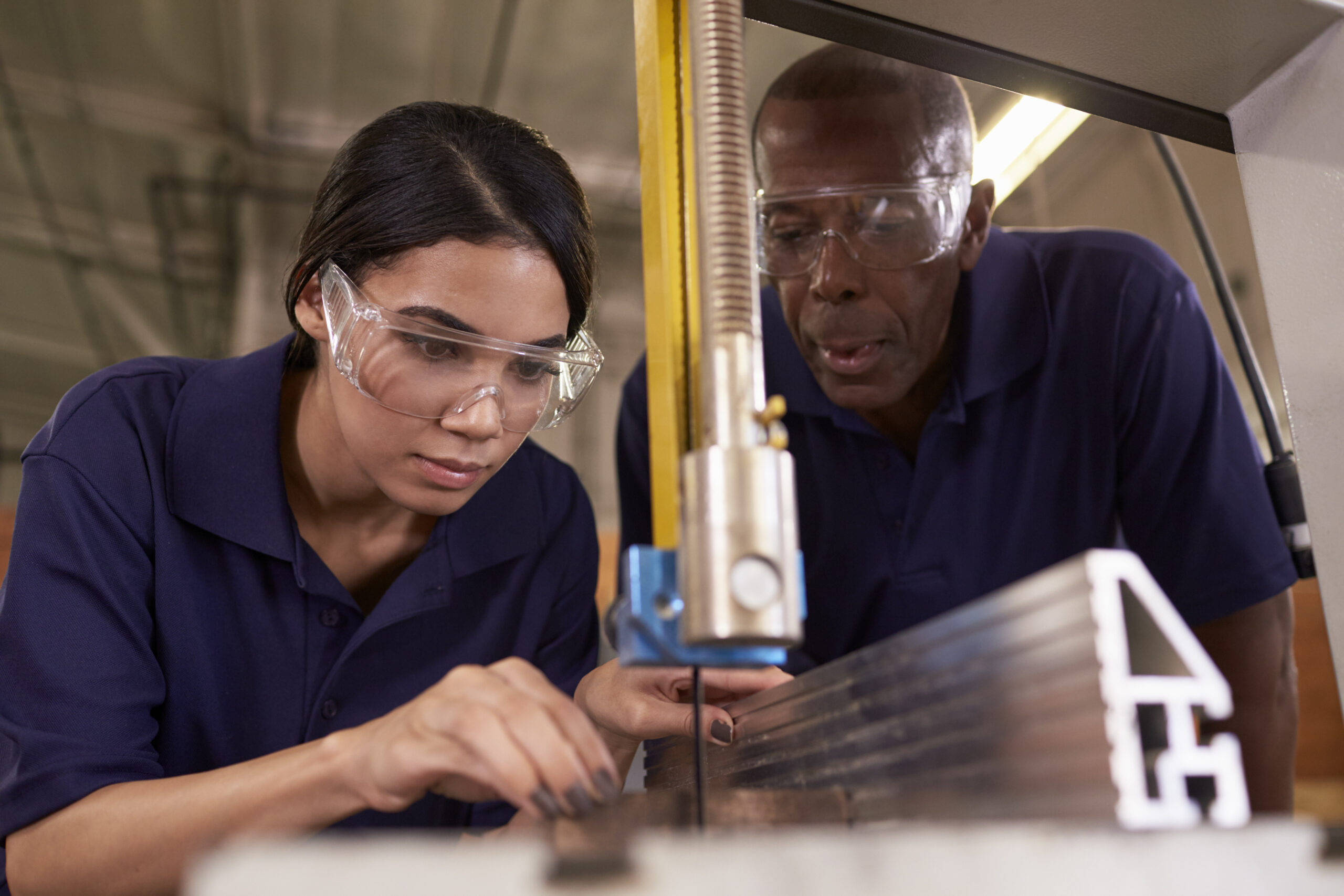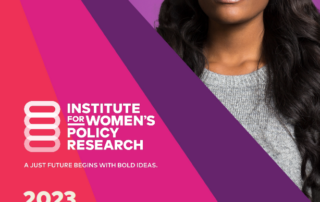Publications
Numbers Matter: Women Working in Construction
In 2023, the number of women working in the trades reached the highest level ever, with 363,651 working in construction and extraction occupations. In the five years since 2018, the number of tradeswomen increased by more than 80,000, a growth of 28.3 percent. Construction [...]
IWPR 2023 Annual Report
This moment in history is unlike any other. The attacks on women’s health, freedom, and autonomy have come fast and furious. Basic rights that took decades to secure are being stripped away in mere months. Pay equity, workforce protections, reproductive rights, health care—all are [...]
Women Earn Less than Men Whether They Work in the Same or Different Occupations
Whether women work full-time year-round, full-time per week, or whether all women with earnings are included, they face a substantial wage gap. Women who worked full-time year- round in 2022 made just 84.0 cents on the dollar paid to men. In 2023, the weekly [...]
“No Rights to Speak of: The Economic Harms of Restricting Reproductive Freedom”; IWPR Submission for the Record
Submission for the Record, Institute for Women’s Policy Research Senate Committee on the Budget; 2/28/2024 Hearing: “No Rights to Speak of: The Economic Harms of Restricting Reproductive Freedom” February 28, 2024 Reproductive health restrictions, abortion bans, and similar policies hurt women and families, hurt [...]
Updated Analysis of the Cost of Abortion Restrictions to States
Each year, the number of state-level restrictions on abortion access increases, and in some states, they get more and more extreme. To capture the ongoing harm of these restrictions—not only to women’s health but also to the economy—the Institute for Women’s Policy Research (IWPR) [...]
THE CAUSAL RELATIONSHIP BETWEEN CONTRACEPTION, ABORTION, AND ECONOMIC WELL-BEING
Contraception and abortion are most often used by people to prevent having children they are not ready to care for or do not want. One of the most common reasons people delay or prevent childbearing is economic. This brief synthesizes findings from recent research [...]









